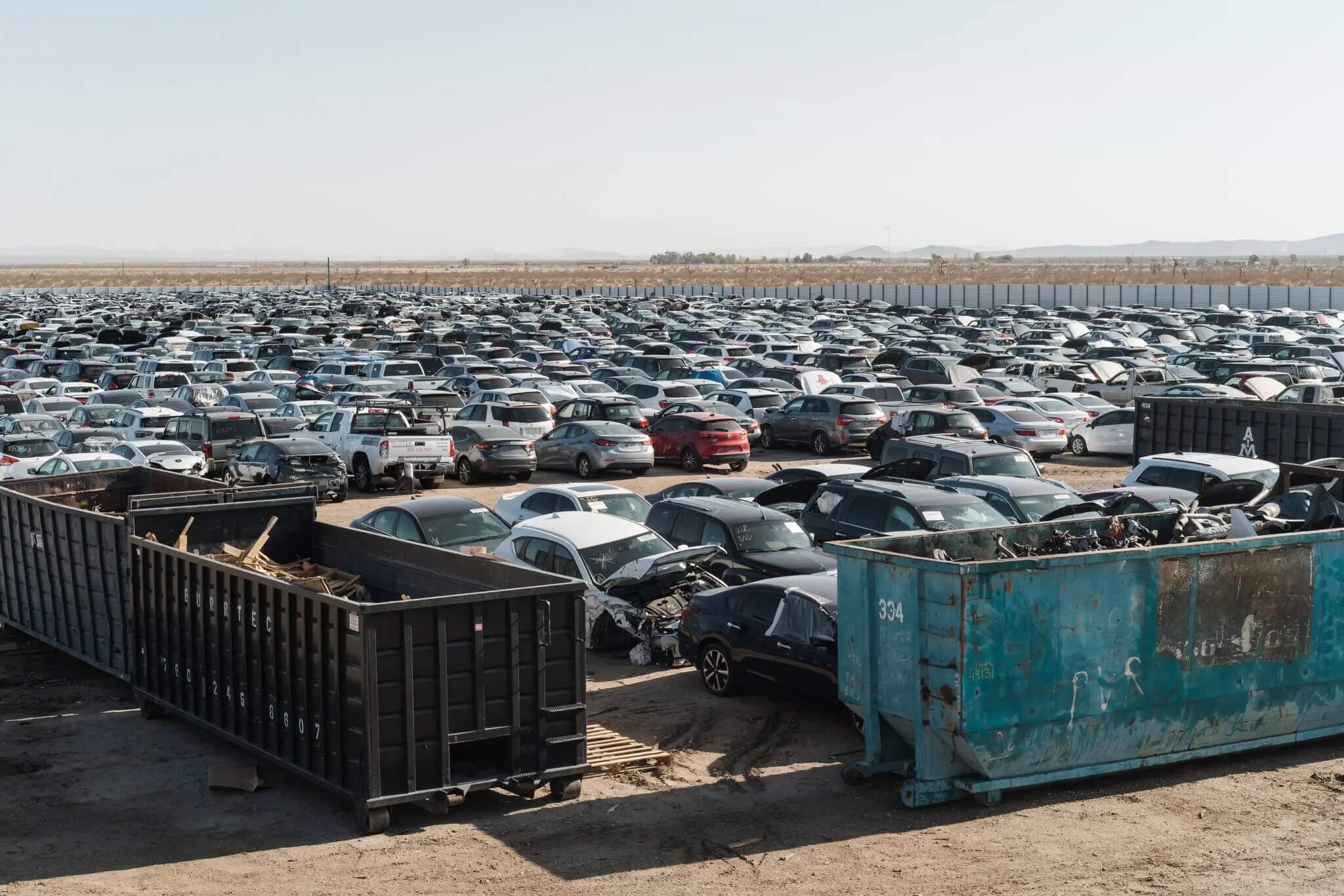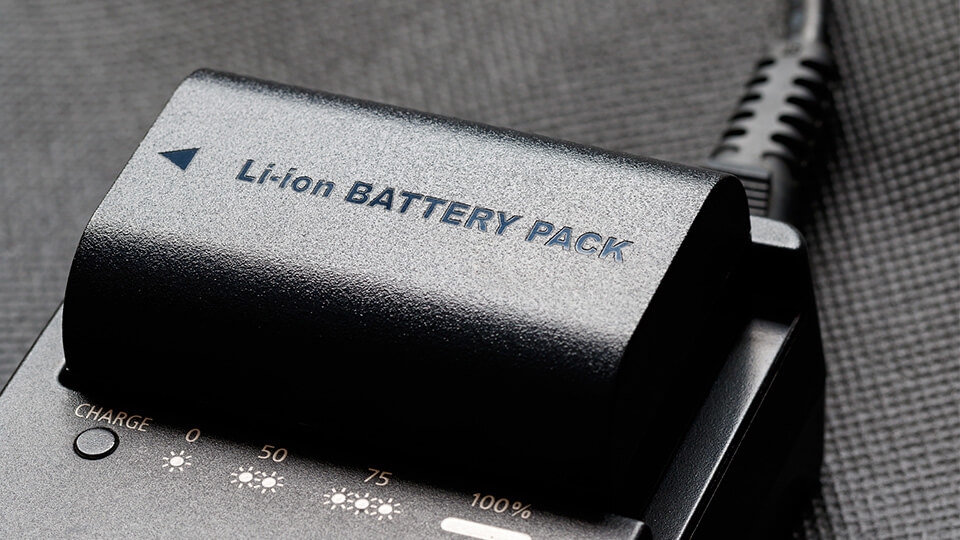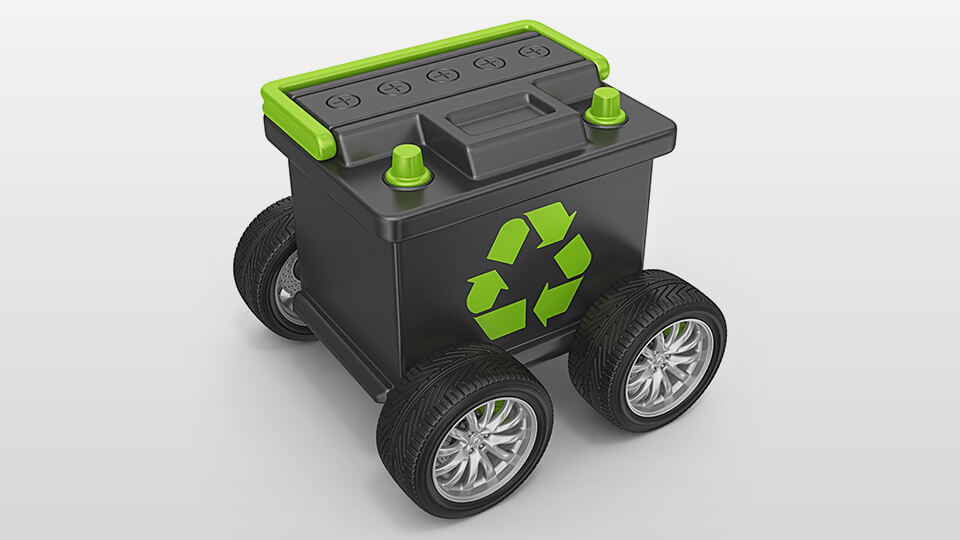New research into recycling lithium-ion batteries is being conducted by James Cook University (JCU) PhD Candidate, Emenike Okonkwo. “The method I’ve developed through my research is more eco-friendly and cost effective because it reduces the quantity of toxic chemicals in the overall process of recycling lithium-ion batteries”. Okonkwo said.
Okonkwo moved from Nigeria to complete his PhD and had a background in metallurgy. JCU have been looking at projects to recover materials from spent batteries.
Currently only about 10% of Australia’s lithium-ion battery waste is recycled. The CSIRO estimates this represents an opportunity cost of more than $603 million dollars per annum. In broad terms the recycling method proposed uses organic compounds that are biodegradable and that will not have a negative effect on the environment. Organic waste materials such as sugarcane molasses and spent coffee grounds are an alternative to conventional reducing agents. Emenike’s research also proposes the use of organic acids such as citric acids, ascorbic acid, and methane sulfonic acid amongst others. Some of these acids can be found in waste materials such as citric acid in orange rinds.
The key advantage of this new research is that organic acids and materials are biodegradable and less corrosive. Compared to traditional toxic chemicals such as sulphuric acid, the use of organic acids reduces the chemical and energy requirements in later steps within the recycling process.
As with most recycling there are options. Balancing cost, and environmental impact is to the forefront of investment decisions in this space. Traditional toxic methods for recycling batteries, are currently cheaper than alternative organic methods, but the new research is encouraging.
Ecobatt continue to invest in the latest technology and will continue to consider new research with an open mind, particularly where a lower environmental impact can be achieved.





